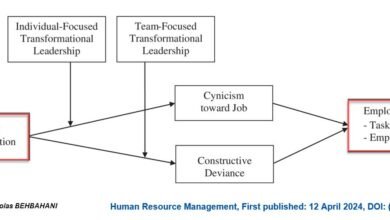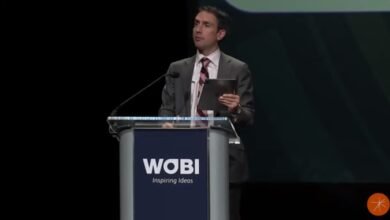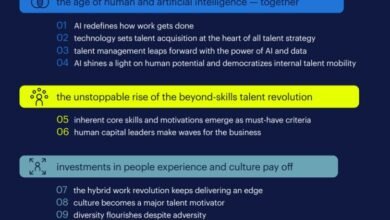Brain-based leadership in a time of heightened uncertainty
Heightened uncertainty can have a devastating impact on the performance and mental health of employees, triggering a threat response in the brain that interferes with rational thinking, collaborating and solving problems. By understanding the core psychological needs of employees, leaders can focus their efforts on the strategies that will have the greatest impact on engagement and performance

Source | www.chieflearningofficer.com | Kamila Sip
When the coronavirus pandemic first struck earlier this year, people everywhere were suddenly confronted with more uncertainty than most had experienced in their lifetimes. Unanswered questions swirled in all our minds: What does this mean for me? Is my family safe? How will I work now? Is my job secure? How long will the pandemic last?
Heightened uncertainty on this scale isn’t just unpleasant; it also can have a devastating impact on the performance and mental health of employees, triggering a threat response in the brain that interferes with rational thinking, collaborating and solving problems, potentially undermining an organization’s overall productivity.
But as unfathomable as it would have seemed when the pandemic first struck, life has somehow grown even more chaotic since then. What initially seemed like a transitory setback — one that would end after a few months of lockdown — has now swelled to encompass rising social unrest and concern about the economy, the election and democracy itself.
Research confirms that 2020 has been a time of unprecedented disruption for employees, both professionally and personally. In the early stages of the crisis, 64 percent of employees reported that organizational productivity had been affected, another 60 percent felt stressed and worried, and only about 49 percent felt that organizations cared about their well-being.
While the initial drop in productivity is being restored, the overall well-being of employees is declining. As the months passed and levels of uncertainty remained high, pandemic fatigue began to set in. With many priorities to manage at once, we’ve become cognitively overwhelmed — a state that impairs perception, cognition and behavior. As a result, many people have started to behave somewhat irrationally and irresponsibly, from boycotting masks to throwing big parties in the face of all precautions — all products of frustration, fear and defiance in an effort to reassert control over the upended circumstances.






